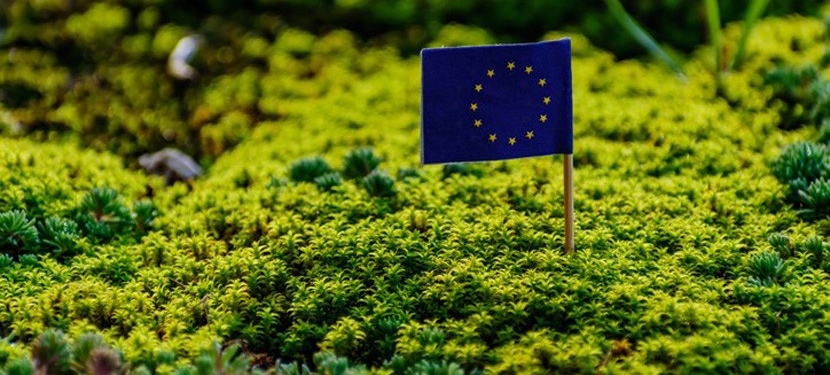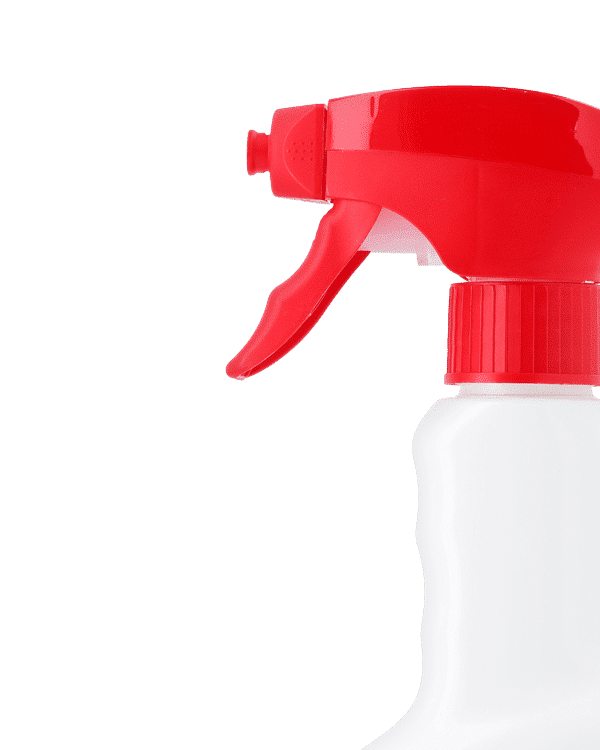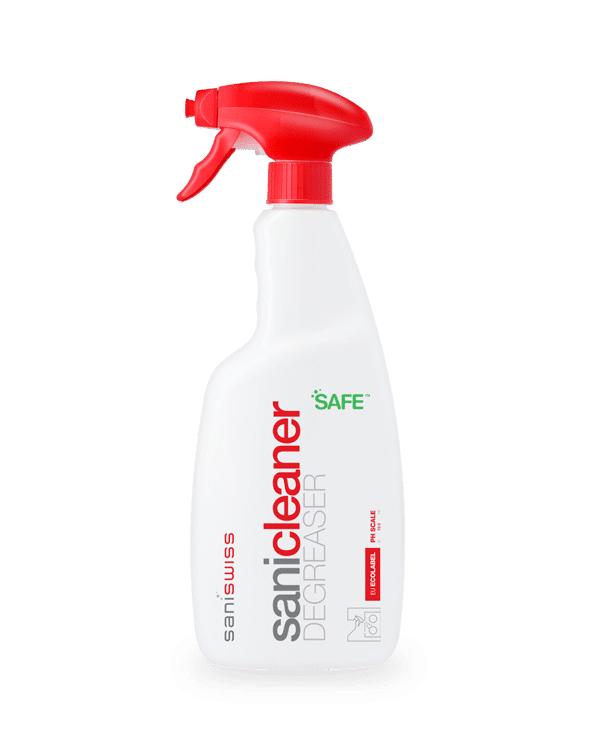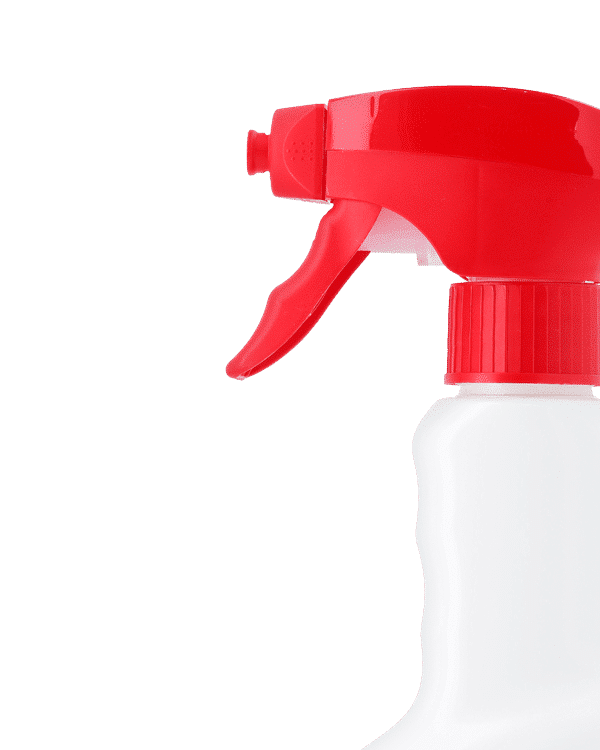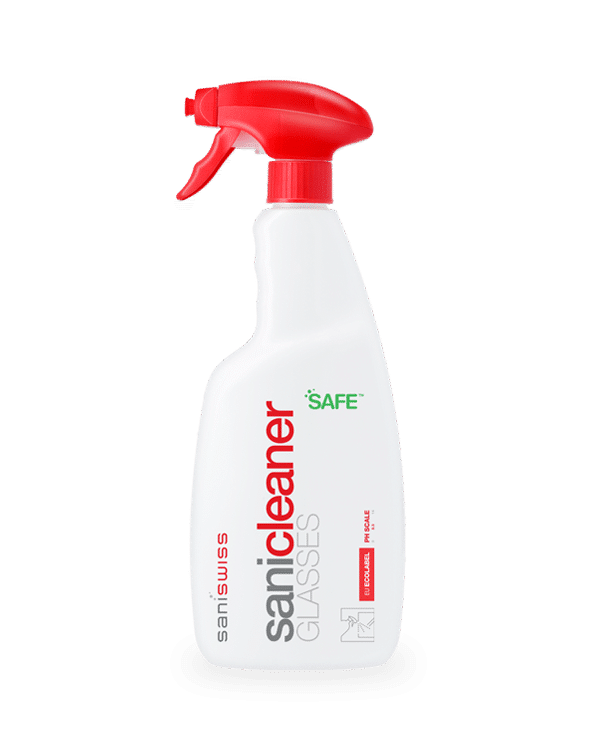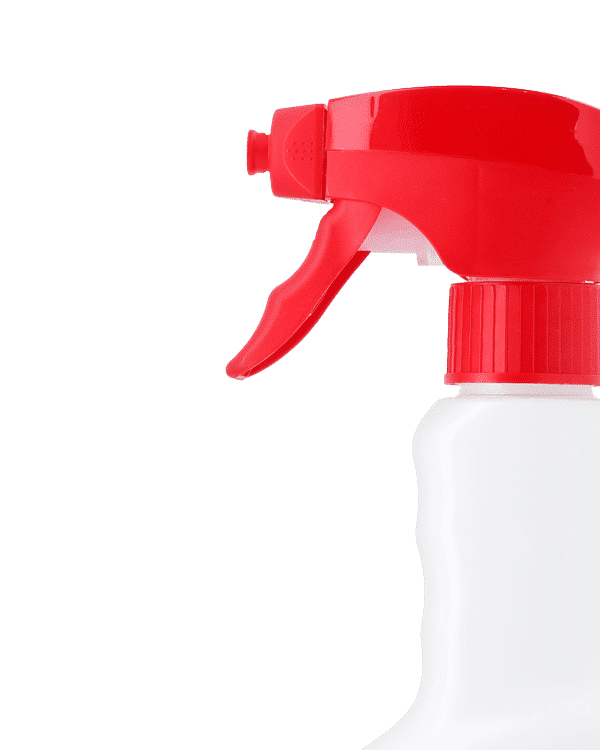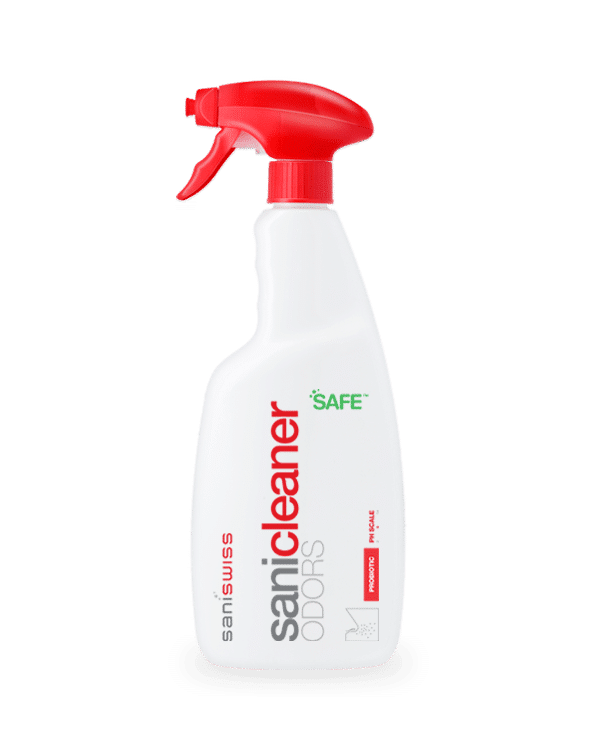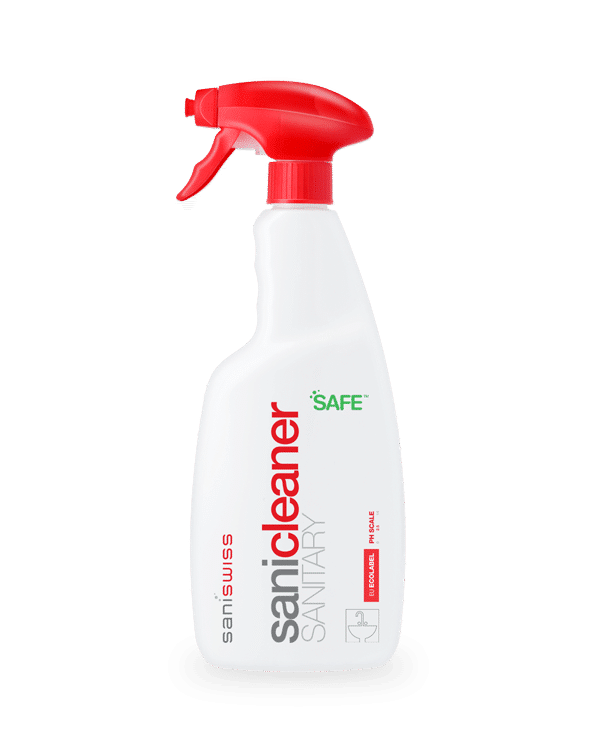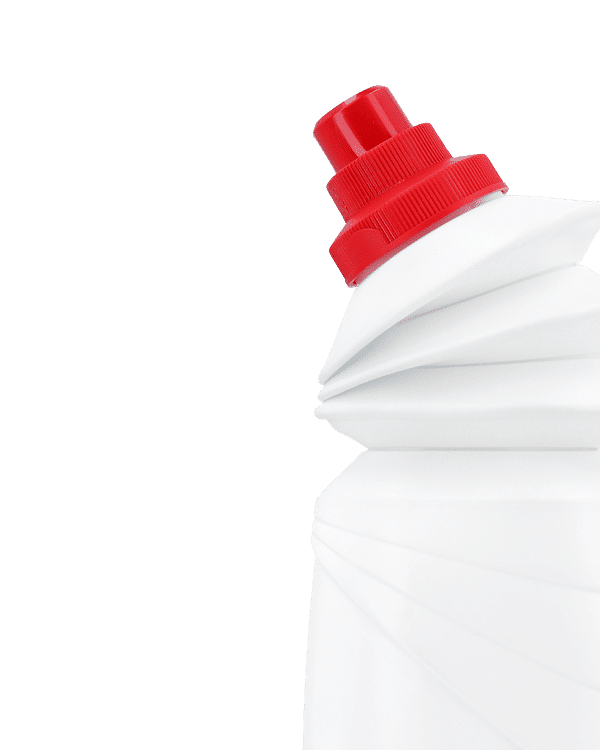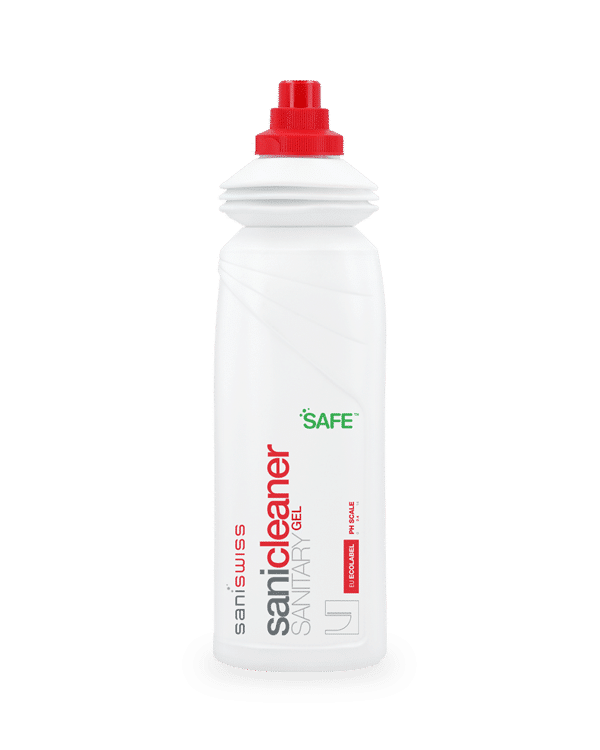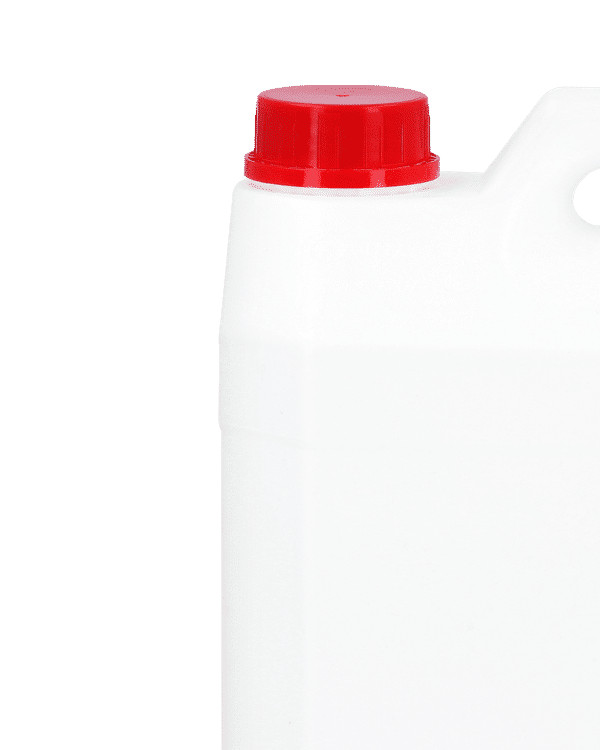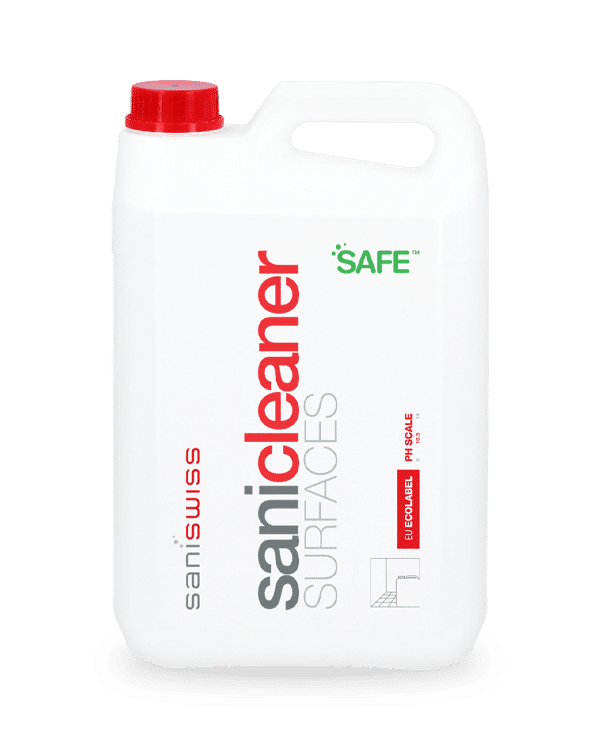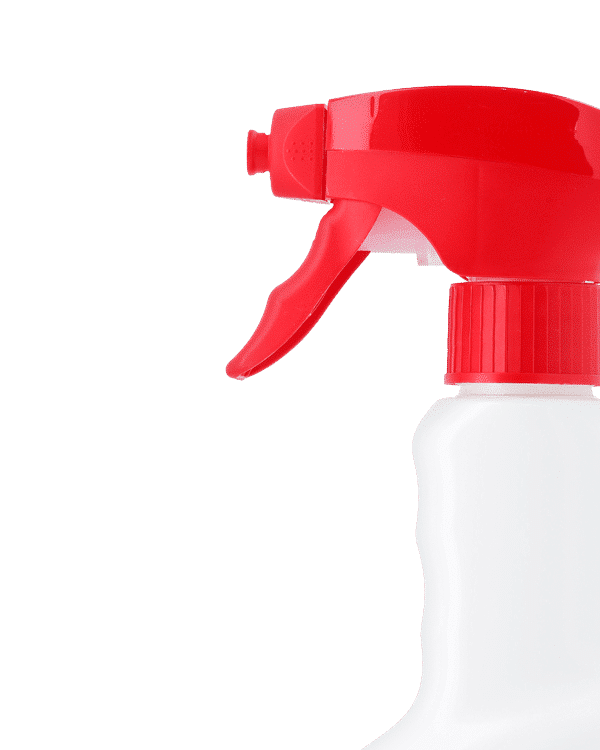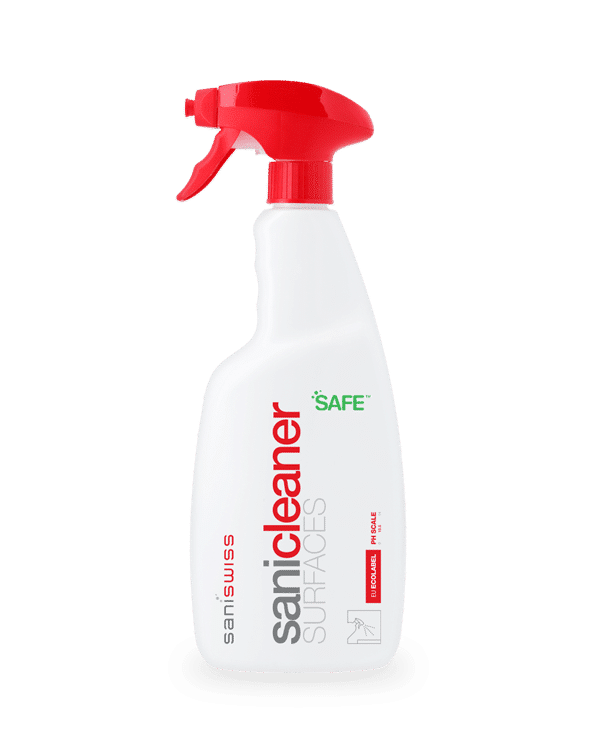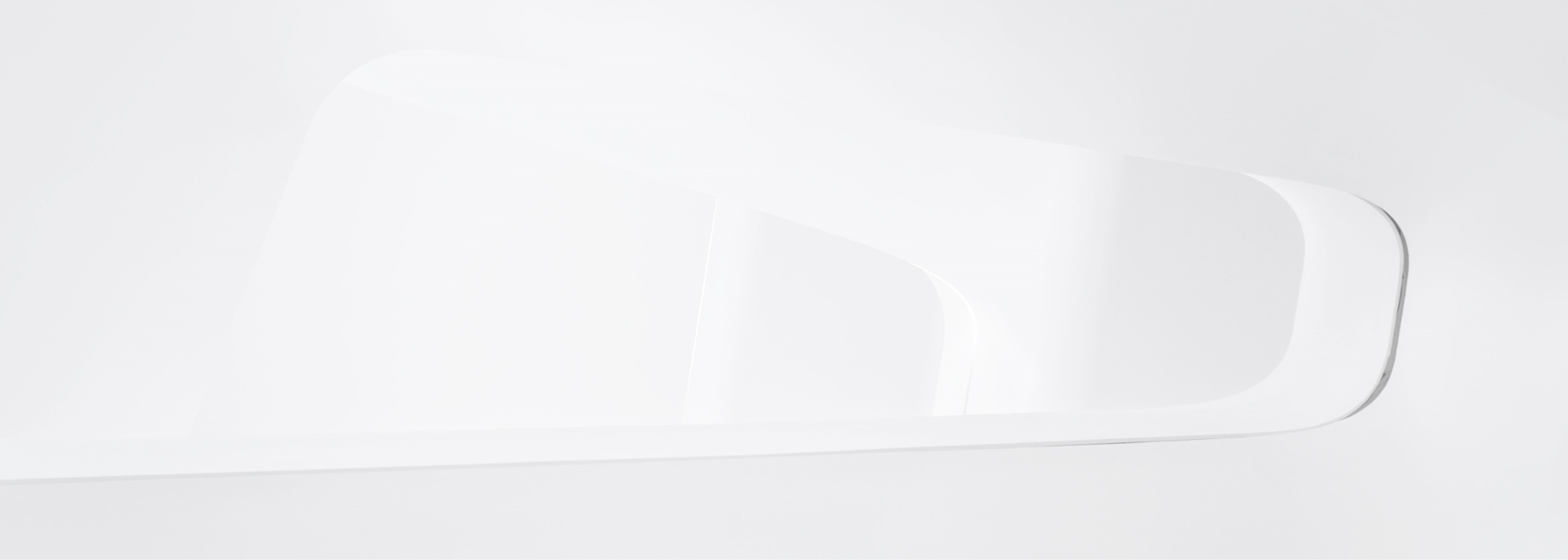The EU Ecolabel is an award of environmental excellence that is allocated to products and services meeting high environmental standards throughout their life-cycle: from raw material extraction to production, distribution and disposal. Intending to encourage producers to generate less waste and CO2 during the manufacturing process, EU Ecolabel criteria also promotes sustainable, easy to recycle products. The guidance provided by EU Ecolabel benchmarks are showing to the manufacturers eco-friendly best practices when developing their products. Notably, low environmental impact and actions are guaranteed through third-party controls.
Unique approach
Since its creation in 1992, around 77 000 products and services hold the EU Ecolabel, from baby clothes to detergents. Applications go through the heavy and ambitious set of criteria that are updated regularly and verified by independent experts and stakeholders, including consumer organizations. Some of the most important include:
- The environmental impact of toxic substances
- Deforestation and degradation
- Poorly managed waste disposal and lack of recycling
- Inefficient use of resources (water, energy, raw materials etc.) and products (food waste, overuse of detergents etc.)
- Unnecessary carbon emissions
This is ensured by checking whether the entire product life cycle is considered, from production to recycling or disposal. Extensive studying of the labels’ information will guarantee consumer health and responsible production. Moreover, products must respect high-quality performance thresholds.
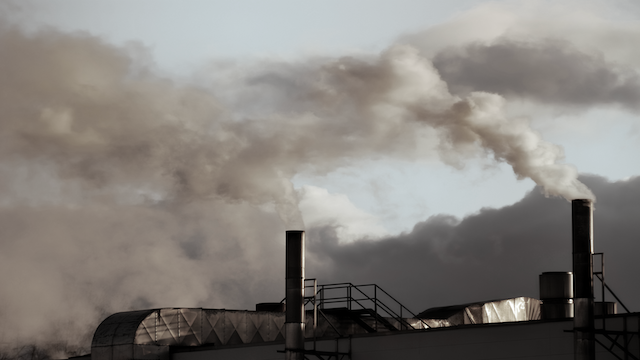
EU Ecolabel and Consumers
The EU Ecolabel is a voluntary scheme, which means that producers, importers, and retailers can choose to apply for the label for their products. However, the functioning of the EU Ecolabel is set through a Regulation of the European Parliament and the Council. Its daily management is carried out by the European Commission together with bodies from the Member States and other stakeholders. Recently we observe so many “green” and “eco” products in the market, thus it can be hard to tell which ones to trust. Another question will be the quality. To find a good balance between these two factors while choosing for example a washing-up liquid might be challenging. The EU Ecolabel guarantees your washing-up liquid is just as effective as any other on the market, but kinder to the environment.

Why select EU Ecolabel awarded products?
- Don’t waste energy and money. Products awarded the EU Ecolabel present efficiency in low temperatures. Moreover, as they might be concentrated, they can help reduce both: carbon footprint and the cleaning budget.
- Look after your health. Chemicals in EU Ecolabel products will not cause cancer, damage fertility, or cause allergies. Unlike in standard detergents, fragrances and preservatives harmful to health are largely restricted or even prohibited.
- Protect the environment. Biodegradability or safety for aquatic life, are also amongst the criteria for EU Ecolabel. Thus, the use of phosphates, which foster algae overgrowth, threaten other aquatic organisms and cut water oxygen levels is forbidden.
- Diminish plastic use. Sustainable and circular packaging, refillable containers, and lack of microplastic particles are criteria for EU Ecolabel.
- Evade greenwashing. Trust strong requirements and the group of reputable EU experts.
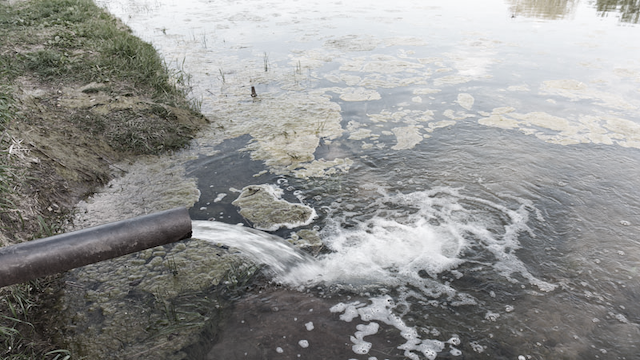
Saniswiss and EU Ecolabel
EU Ecolabel is particularly important for healthcare settings. These establishments use vast amount of cleaners, typically with high concentrations. Thus, choosing EU tabled product can be a good way to significantly reduce the carbon footprint of the hospital in general. Saniswiss offers wide range of EU Ecolabel cleaners, containing biodegradable and plant derived detergents.
- Sanicleaner Surfaces
- Sanicleaner Degreaser
- Sanicleaner Sanitary
- Sanicleaner Sanitary Gel
- Sanicleaner Glasses
It is worth mentioning that to its biocide capacity any disinfectant can’t be awarded EU Ecolabel. Therefore, the portfolio of Saniswiss Sanitizers, presenting low environmental impact and which are safe for healthcare-workers are labeled with our SAFE trademark.
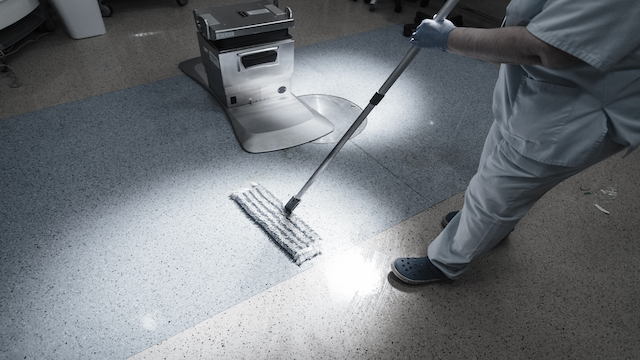
Bibliography
- https://ec.europa.eu/environment/ecolabel/index_en.htm
- Saouter E, De Schryver A, Pant R, Sala S. Estimating chemical ecotoxicity in EU ecolabel and in EU product environmental footprint. Environ Int. 2018 Sep;118:44-47. https://doi:10.1016/j.envint.2018.05.022.
- Iraldo, F.; Barberio, M. Drivers, Barriers and Benefits of the EU Ecolabel in European Companies’ Perception. Sustainability 2017, 9, 751. https://doi.org/10.3390/su9050751
- https://www.bmuv.de/en/topics/sustainability-digitalisation/consumption-and-products/the-eu-ecolabel-1
- Iraldo, F., Griesshammer, R. & Kahlenborn, W. The future of ecolabels. Int J Life Cycle Assess 25, 833–839 (2020). https://doi.org/10.1007/s11367-020-01741-9
